Correcting The Stigma Of Psychedelics - Part 2
"Fuck the drug war. Dropping acid was a profound turning point for me, a
seminal experience. I make no apologies for it. More people should do acid." -
George Carlin
- Demonization and Stigma of Psychedelics : Psychedelics face deliberate demonization and stigma constructed by society, not by accident, challenging the cultural, societal, and governmental status quo. Historical context reveals government use of the drug war for political control, not purely for public health concerns.
- Nixon's War on Drugs : John Ehrlichman, a former Nixon aide, admitted in a 1994 Harper's Magazine interview that the Nixon administration used the drug war against political enemies, connecting drugs with anti-war and black communities to disrupt them, acknowledging lying about the dangers of drugs.
- Global Stigmatization Beyond Nixon : The drug war extends beyond the U.S., with governments worldwide fostering similar stigmas. Psychedelics pose a threat to power structures by promoting higher consciousness and questioning societal norms, leading to international resistance from authoritarian regimes.
- Schedule 1 Classification Inaccuracy : Psychedelics are inappropriately classified as Schedule 1 substances. This implies high abuse potential, lack of medical use, and absence of safety standards—criteria not fitting psychedelics' profile given proper education, usage, and known therapeutic applications.
- Misinformation and Lack of Direct Experience : Over 50 years of drug propaganda in the U.S. along with a generational indoctrination have resulted in significant misinformation about psychedelics. Many people, including lawmakers and enforcers, who stigmatize these substances, have no direct experience with them.
- Blurred Lines Between Psychedelics and Hard Drugs : Societal misunderstanding lumps psychedelics together with hard drugs, ignoring differences. The irrationality and prejudice stem from categorizing all as equally harmful without acknowledging separate categories and uses.
- Accepted Medical Treatments with Psychedelics : Contrary to Schedule 1 standards, psychedelics have proven medical benefits, successfully treating depression, anxiety, PTSD, and addiction - demonstrated through current research and clinical trials around the world.
- Psychedelics' Safety Standards and Historical Integration : The claim that there are no safety standards for psychedelics use is false. Historical cultures and modern psychedelic communities demonstrate responsible and integrated use within spiritual and healing practices.
- Cultural Fear of Psychedelics : The societal fear and resistance to psychedelics can be seen as a reaction to the potential they hold to disrupt prevailing cultural, political, and religious norms by promoting open-mindedness and global consciousness, leading to collective discomfort.
- Psychedelics and Policy Reform : Strategies for addressing misconceptions include investing in scientific research, improving education about responsible use, and implementing sensible drug policies to aid in mitigating risks and harnessing therapeutic benefits.
- Alcohol, Tobacco, Opioids, and Antidepressants : These are among the top causes of death with serious side effects, including addiction, hormone and neurotransmitter interference, and reduced sex drive. Psychedelics do not cause such negative side effects.
- Statistics on Causes of Death : Heart disease, smoking, alcohol, and car accidents top the list of annual deaths in the United States, far surpassing any deaths related to psychedelics, which have such low statistics that they are often not reported separately.
- Inefficacy of Antidepressants and Lack of Statistics : Antidepressants are highly prescribed yet come with dangerous withdrawal risks, and concrete statistics on deaths caused by antidepressants specifically are hard to come by due to drugs often being lumped into broad categories.
- Contextualizing Psychedelic-Related Deaths : Due to a lack of concrete numbers on deaths caused by psychedelics, and considering the rarity of such events compared to other causes of death, it suggests that fatalities from psychedelics are extremely low. Often, reported problems with psychedelics are a result of other factors such as harmful combinations with substances like alcohol or antidepressants.
- Addiction and Lethality of Various Substances Chart : A scientist-rated chart indicates that psychedelics like LSD and psilocybin have the lowest potential for addiction and lethality, much less than substances like nicotine, alcohol, and even caffeine.

- Emergency Room Admissions and Drug Usage : Psychedelics have far lower emergency room admissions compared to opioids, cocaine, sedatives, and even marijuana. Legalization and education might maintain low numbers despite increased popularity.
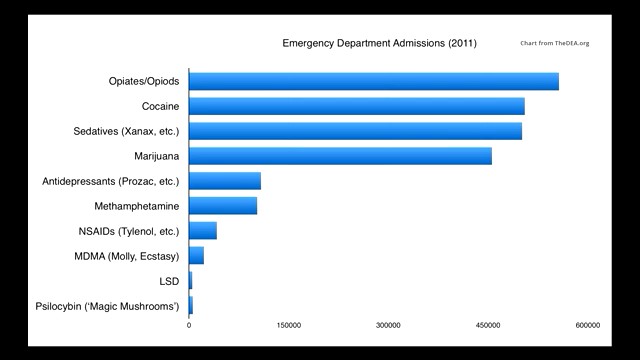
- Statistics on Drug Overdose Deaths : The top overdose deaths come from substances like heroin, cocaine, oxycontin, and xanax, with no separate category for psychedelic substances, hinting at their minimal lethality.
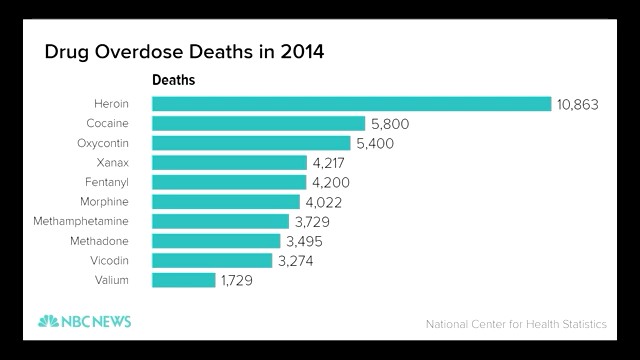
- MDMA-Related Deaths and Purity Issues : While MDMA has higher death rates, largely due to impurities and irresponsible usage in party settings, legalizing and ensuring the purity of MDMA could potentially prevent many of these deaths.
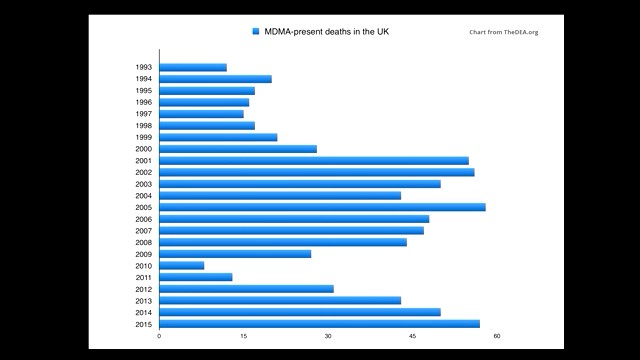
- Comparing Deaths from Various Substances : Studies show a stark contrast between the death rates from tobacco, alcohol, and MDMA, with MDMA causing significantly fewer deaths than alcohol and tobacco, which are legal.
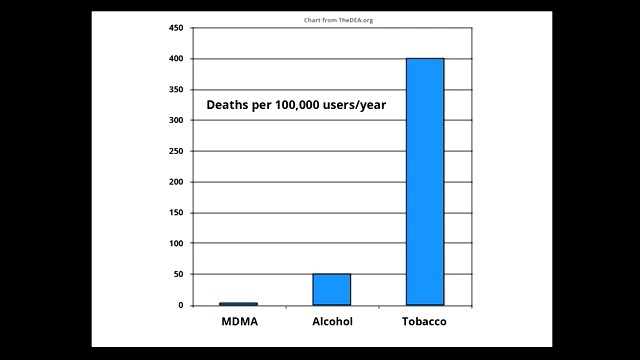
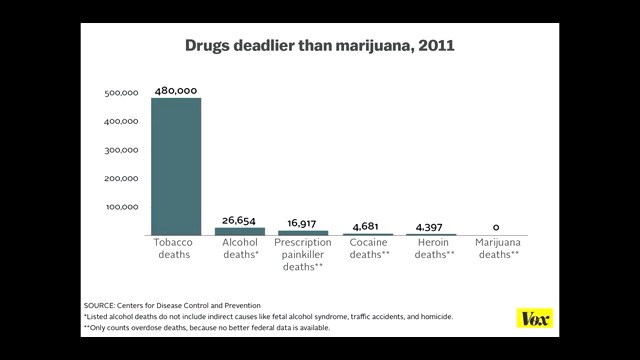
- UK Scientific Study on Drug Deaths : Rigorous scientific studies from the UK aim to compare death rates associated with different drugs, emphasizing the relatively low impact of substances typically classified as psychedelics.
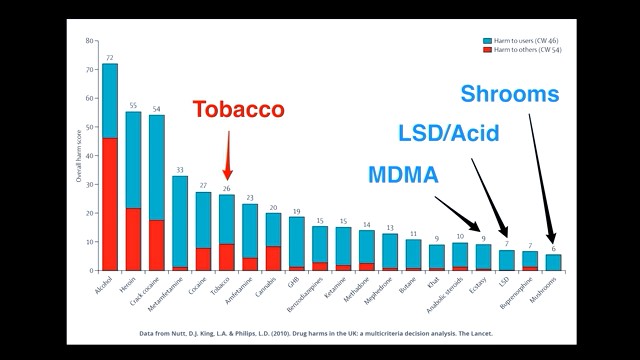
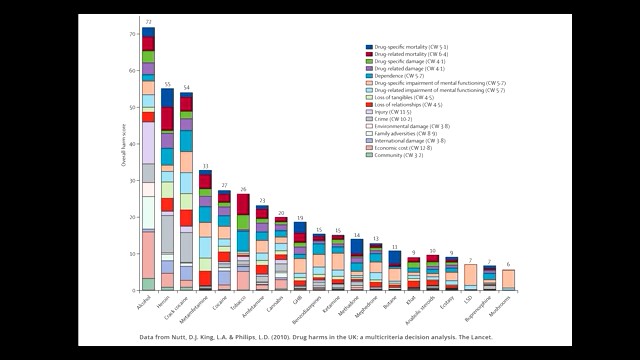
- Misconceptions about Psychedelics : Common misbeliefs label psychedelics as addictive, dangerous, medically useless, psychosis and brain damage inducing, associated with irresponsible recreation, and as stepping stones to harder drugs like heroin. These misconceptions are contradicted by scientific research and a deeper historical understanding of these substances.
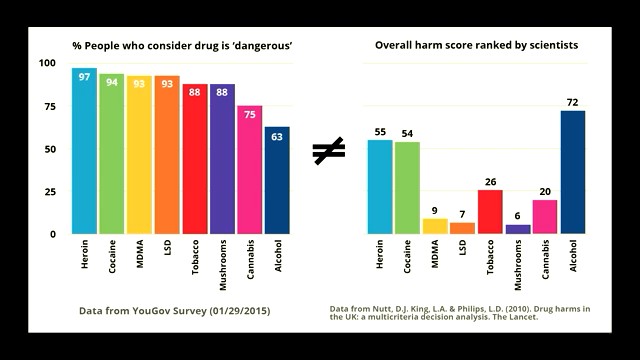
- Addictive Properties of Psychedelics : Studies have demonstrated that psychedelics like LSD and psilocybin are not addictive and can actually be instrumental in treating addictions to substances such as heroin and alcohol.
- Danger and Medical Uses of Psychedelics : Psychedelics carry risks when improperly used but their danger levels are relatively low compared to legal substances like alcohol and tobacco. Ongoing studies indicate significant medical benefits, including treating mental health disorders.
- Psychosis and Brain Damage from Psychedelics : The notion that psychedelics lead to psychosis or brain damage lacks scientific backing. These substances should be avoided by individuals with a history of severe mental instability, but they aren't inherently damaging to stable individuals.
- Psychedelics as Historical and Cultural Practices : Far from being a 'New-Age fad,' psychedelics have been integral to spirituality and healing in various cultures, and used by serious thinkers for centuries.
- Psychedelics for Recreation vs. Self-Discovery : Psychedelics are often misrepresented as merely recreational. While some can be used that way (e.g., MDMA), substances like LSD are typically used for deeper, profound experiences beyond mere recreation.
- Misguided Belief in Psychedelics as a Slippery Slope : The fear that psychedelics lead to dangerous drug use (e.g., heroin) is unfounded. Proper education and experience with psychedelics can lead to responsible use and increased self-awareness, not to a descent into addiction.
- Impact of Psychedelics on Personal Development : Rather than leading to irresponsible behavior, psychedelics often inspire greater responsibility and interest in personal and spiritual growth.
- Educational and Policy Changes Needed : Education on the safe use of psychedelics and access to quality substances could alleviate potential dangers. Sensible drug policies and improved cultural context would reduce risks and stigma.
- Scientific Evaluation vs Public Perception : There is a stark contrast between scientific assessments of the dangers of substances like LSD and mushrooms and the public perception of their risks. A disparity marked by the overestimation of danger in popular opinion, particularly compared to the scientifically assessed lower risk profile.
- Reevaluation of life through psychedelics : Psychedelics prompt individuals to question their life choices, health concepts, fairness, political structures, work, and roles within societal systems like the military-industrial complex, ultimately revealing the illogical nature of many accepted norms.
- Increased open-mindedness : Psychedelics foster a radical open-mindedness that others may find threatening, as they challenge rigidly held beliefs about identity, nationality, business, family, religion, and life, which Leo equates to a fragile "house of cards".
- The threat of truth : Leo describes truth as the greatest threat to the status quo and illusions upheld by society, expressing that psychedelics, by moving us toward truth, dissolve the "devil" or ego—both individual and collective—which maintains these illusions.
- Psychedelics leading to liberal viewpoints : Psychedelics are said to dissolve conceptual boundaries, fostering selflessness and compassion, and transitioning individuals' perspectives from conservative to more liberal, holistic, and global views; this transition may be uncomfortable for those attached to conservative ideologies.
- Societal tension and consciousness stages : Personal and societal tensions surface when moving between stages of consciousness described by the spiral dynamics model, which outlines a progression from traditional and materialistic views to more globally conscious ones—a transition that psychedelics can catalyze.
- Misuse and stigma of psychedelics : Some individuals misuse psychedelics, leading to adverse experiences or "bad trips" that contribute to negative stigmatization. However, challenging experiences can reflect personal growth opportunities and indicate areas of psychological dysfunction.
- History of persecution over psychedelic use : Persecution from institutions like the Church or colonial forces against those who use psychedelics in spiritual practices is highlighted as historical evidence of society's resistance to anything that threatens the dominant ideology.
- Exoteric vs. Esoteric battle reflections : Societal issues like addiction, mental health, and violence are seen as consequences of a materialistic approach (exoteric) overshadowing spiritual truths (esoteric), and psychedelics are suggested as tools to access these esoteric truths.
- Psychedelics legalization and research : Legalization of certain psychedelics with relatively minimal risks and increased government-funded research will lead to a deeper understanding of their potential for scientific and medical advancements.
- Education and psychedelics : Psychedelics should be accompanied by quality educational campaigns based on truth and science, with Leo advocating for a psychedelic licensing program that includes an online course, exam, and regulated use environment.
- Proposed Legal Framework for Psychedelics : Leo envisions a program involving an online course on psychedelics that educates on history, scientific evidence, clinical usage, risks, dosages, and safety protocols. Completion would lead to a license to purchase psychedelics like LSD, mushrooms, mescaline, DMT, and 5-MeO-DMT from a pharmacy for legal and responsible use.
- Vision of Psychedelic Evolution in Society : Leo anticipates that over the next 50-100 years, psychedelics will see major advancements and will no longer be suppressed by governments. An underground psychedelic community is predicted to rise, influencing society similar to revolutions in internet, social media, and technology.
- Psychedelics Unleashing Creativity and Insights : Leo argues that psychedelics have the potential to spark a renaissance by enhancing creativity and providing deep insights across science, technology, art, and human advancement.
- Balanced Approach to Psychedelic Use : The importance of a middle ground in psychedelic use is stressed by Leo; neither the excesses of the 1960s nor the subsequent restrictive stance, but a balance that incorporates psychedelics into personal development, consciousness work, and ongoing education.
- Cultural Resistance to Change and Psychedelic Use : Leo discusses that many individuals only superficially accept change without understanding its full implications. However, he believes progress is an inevitable force fueled by consciousness wanting to evolve and diversify.
- Envisioning a Future Grounded in Psychedelic Experiences : Leo imagines a future where children would not graduate elementary school without profound psychedelic experiences, suggesting that responsible psychedelic use will be essential for functioning in society, similar to the eventual commonplace use of self-driving cars.
- The Importance of Hands-on Experience with Psychedelics : Leo encourages personal experience with psychedelics in a responsible and open-minded manner to form one’s own understanding, as opposed to bias shaped by stereotypes and misconceptions.
- Actualized.org as a Platform for Continued Education on Psychedelics : Leo mentions his website, Actualized.org, as a place to access information on the risks of psychedelics, engage with community trip reports, and explore deep topics, emphasizing a commitment to fair and comprehensive discussion on psychedelics.